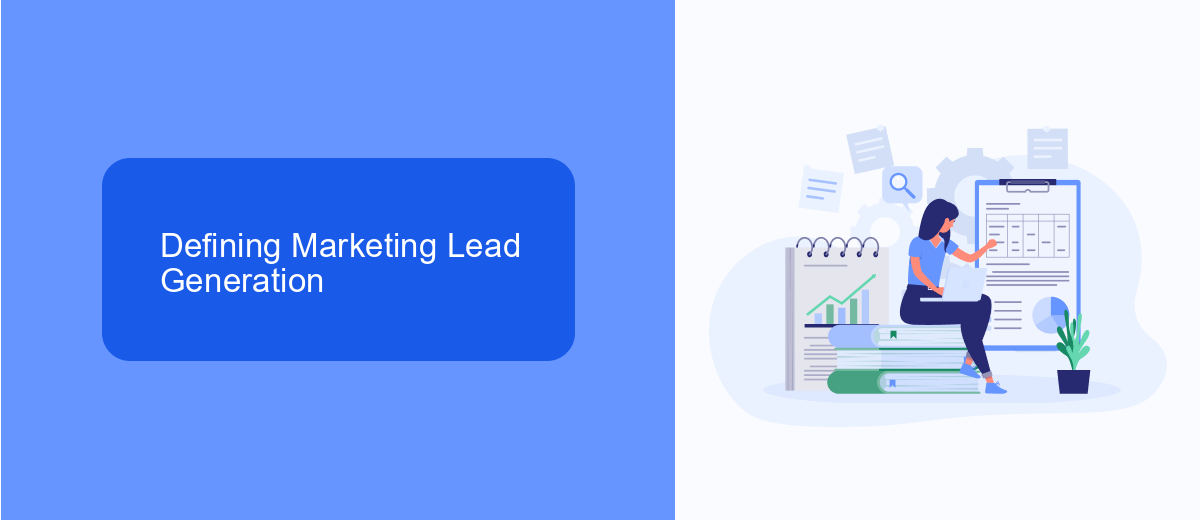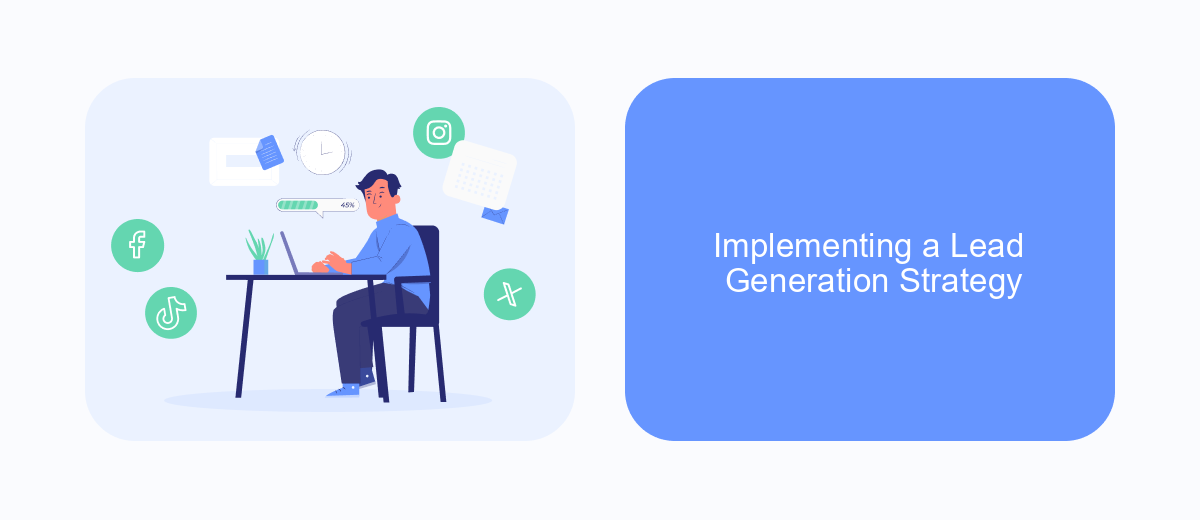In today's competitive business landscape, effective marketing lead generation is crucial for driving growth and success. By identifying and nurturing potential customers, companies can create a robust sales pipeline and enhance their conversion rates. This article explores the key strategies and best practices for generating high-quality leads that can propel your business forward and ensure sustainable success.
Marketing Lead Generation
Marketing lead generation is a crucial aspect of any business strategy, focusing on attracting and converting potential customers into leads. Effective lead generation involves understanding your target audience and utilizing various marketing channels to reach them.
- Content Marketing: Create valuable content that addresses the needs and pain points of your audience.
- Social Media: Use platforms like Facebook, LinkedIn, and Instagram to engage with potential leads.
- Email Marketing: Send targeted and personalized emails to nurture leads.
- SEO: Optimize your website to rank higher in search engine results, making it easier for potential leads to find you.
- Paid Advertising: Invest in PPC campaigns to drive targeted traffic to your landing pages.
Integrating your lead generation efforts with automation tools can significantly enhance efficiency. Services like SaveMyLeads allow businesses to automate the process of capturing and managing leads from various sources, ensuring that no potential customer is overlooked. By streamlining these processes, companies can focus more on nurturing leads and converting them into loyal customers.
Defining Marketing Lead Generation

Marketing lead generation is the process of attracting and converting strangers and prospects into someone who has indicated interest in your company's product or service. This process is crucial for businesses looking to expand their customer base and increase revenue. It involves various strategies such as content marketing, social media campaigns, SEO, and email marketing to capture the interest of potential customers and guide them through the sales funnel.
Effective lead generation requires the integration of multiple tools and platforms to streamline the process and enhance efficiency. Services like SaveMyLeads can play a pivotal role in this by automating data transfer between different marketing and sales systems. This ensures that leads are captured and nurtured without manual intervention, allowing marketing teams to focus on more strategic tasks. By leveraging such integrations, businesses can significantly improve their lead generation efforts and achieve higher conversion rates.
Benefits of Effective Lead Generation

Effective lead generation is crucial for the success of any marketing strategy. By attracting and converting potential customers, businesses can ensure a steady stream of revenue and growth. This process not only helps in identifying high-quality leads but also enables companies to nurture these prospects into loyal customers.
- Increased Sales: By capturing high-quality leads, businesses can significantly boost their sales and revenue.
- Improved ROI: Effective lead generation strategies ensure that marketing efforts are targeted, leading to a better return on investment.
- Enhanced Customer Insights: Gathering data on leads helps businesses understand their audience better, allowing for more personalized marketing efforts.
- Streamlined Processes: Tools like SaveMyLeads can automate lead capture and integration, making the process more efficient and less time-consuming.
Implementing an effective lead generation strategy is essential for businesses looking to grow and thrive in today's competitive market. By leveraging tools and services like SaveMyLeads, companies can automate and optimize their lead generation processes, ensuring they capture high-quality leads and convert them into loyal customers.
Implementing a Lead Generation Strategy

Implementing a successful lead generation strategy involves understanding your target audience and creating a tailored approach to attract and convert potential customers. Start by identifying your ideal customer profile and conducting thorough market research to understand their needs and preferences.
Next, develop compelling and valuable content that addresses the pain points of your target audience. This can include blog posts, e-books, webinars, and social media updates. Ensure that your content is optimized for search engines to increase visibility and drive organic traffic to your website.
- Utilize social media platforms to engage with your audience and promote your content.
- Implement email marketing campaigns to nurture leads and build relationships.
- Use lead magnets such as free trials, discounts, or exclusive content to capture contact information.
- Integrate CRM tools to track and manage leads efficiently.
Consider leveraging automation tools like SaveMyLeads to streamline your lead generation process. SaveMyLeads can help you integrate various marketing platforms, ensuring that your leads are captured and managed seamlessly. By automating repetitive tasks, you can focus on refining your strategy and improving conversion rates.
Evaluating Lead Generation Effectiveness
Evaluating the effectiveness of lead generation efforts is crucial for optimizing marketing strategies and ensuring a high return on investment. One of the primary metrics to consider is the conversion rate, which measures the percentage of leads that turn into paying customers. Additionally, tracking the cost per lead (CPL) can provide insights into the financial efficiency of your campaigns. By analyzing these metrics, businesses can identify which channels and tactics yield the best results and allocate resources more effectively.
Integrating lead generation tools with customer relationship management (CRM) systems can further enhance the evaluation process. Services like SaveMyLeads enable seamless integration, automating the transfer of lead data to your CRM. This not only saves time but also ensures data accuracy and consistency. By leveraging such integrations, marketers can gain a comprehensive view of lead performance across different stages of the sales funnel, allowing for more informed decision-making and continuous improvement of lead generation strategies.
FAQ
What is lead generation in marketing?
Why is lead generation important for businesses?
What are some common lead generation strategies?
How can businesses automate their lead generation process?
What metrics should be tracked to measure the effectiveness of lead generation efforts?
Don't waste another minute manually transferring leads from Facebook to other systems. SaveMyLeads is a simple and effective tool that will allow you to automate this process so that you don't have to spend time on the routine. Try SaveMyLeads features, make sure that this tool will relieve your employees and after 5 minutes of settings your business will start working faster.
